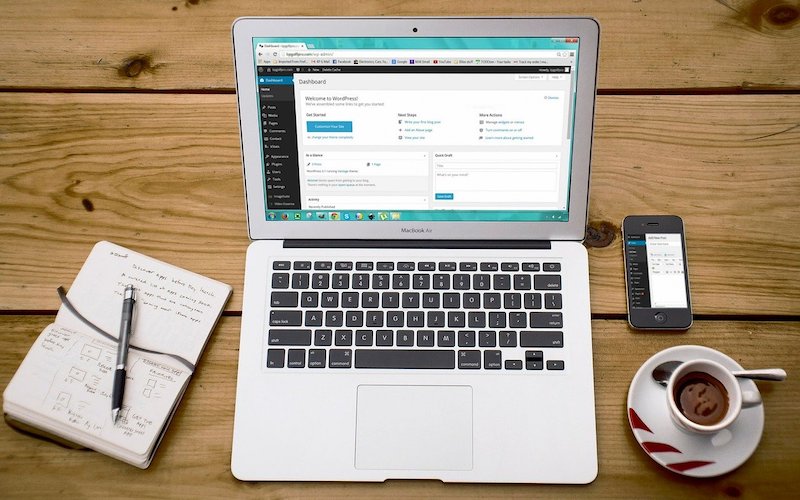Before 2020, it had already become clear that without an online presence, any business or public figure was doomed to fail. Now that we are living with the impacts of COVID-19, it barely needs to be said: You need an online presence in order to keep yourself or your business relevant, even if you are in an industry that was not traditionally active online.
If you are in the process of building your online presence, you will need to learn how to start your website. Take the following steps to ensure you start on the right track.
Determine its Primary Function
Every website needs to be centered around one primary function. For some businesses, that function is obvious. Stores need to sell products, and their site’s main function will therefore be e-commerce. Content generation services center around the sharing of quality information and resources.
However, for other businesses, the main function is more difficult to ascertain. Your website may exist only to give you an online presence. This is a start, but you will need to work to create a website that does more than mark your territory. You can use it to share information or sell your service, but make sure it serves a useful purpose and brings value to visitors.
Get Web Hosting
The most fundamental factor to take care of when starting a website is choosing a web host. Web hosting gives you space on a server for your website. It is a simple necessity that many people treat as nothing more than a box to be checked.
However, choosing good web hosting can make or break your website. Unreliable web hosting means your website will regularly crash or face downtime. Furthermore, with bad customer service, you will be left struggling to take back any control of your site.
Read the reviews of both experts and clients to ensure that the hosting you choose is not a dud. Some of the big names don’t live up to their reputations, and you certainly should not go by popularity alone.
Choose a CMS
A content management system (CMS) provides you with a host of tools to create your website. A good CMS makes it easy for both beginners and professionals to create the perfect website. WordPress is the most popular CMS out there, and it deserves the popularity. However, alternative options like Wix and SquareSpace are also staking their claims, with tools that offer ease-of-use and efficacy.
Once you have chosen a CMS, you can have a website up-and-running in an hour or so. You’ll still have plenty of work to do, but you will have a solid outline and, at the very least, the start of a web presence.
As long as you know what you need from your website, filling that outline will not be too difficult. You’ll know what functionality your website needs, as well as what information and resources you will need to provide.
Starting a new website is easy, and in 2020 you can’t afford to put it off any longer.










